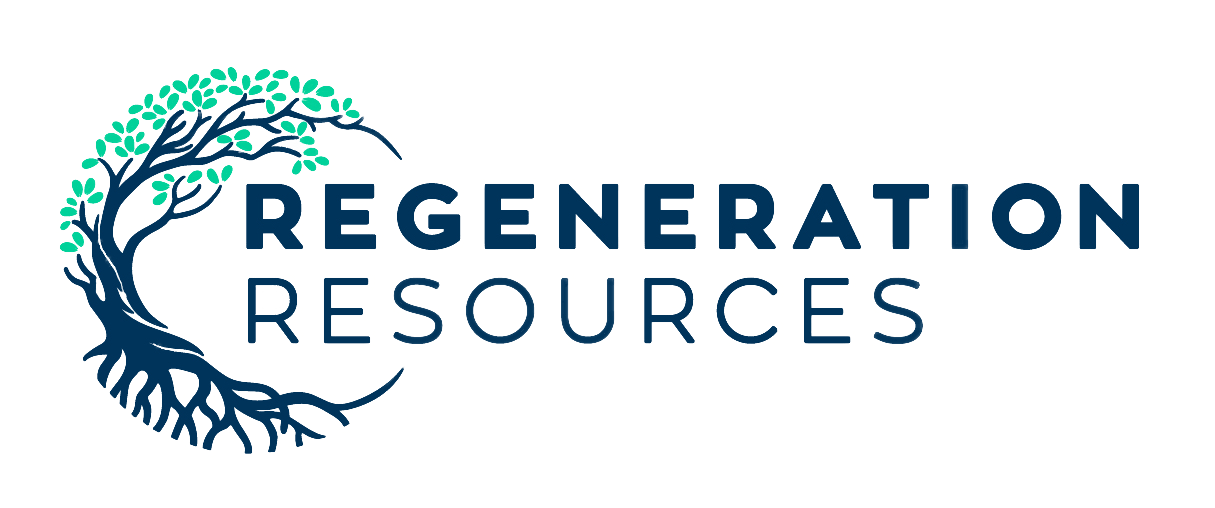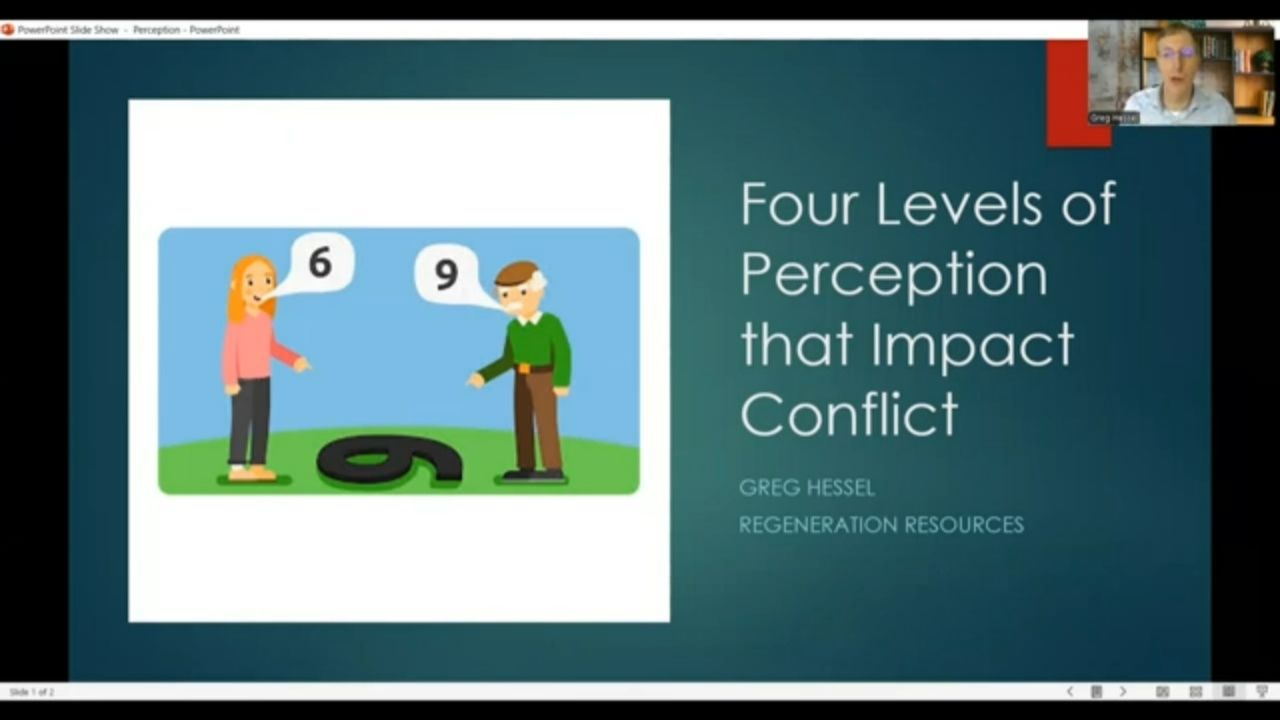Team Building: 14 Ground Rules to Increase Team Effectiveness
How to Improve Meeting Productivity and Team Satisfaction

Many groups do not establish ground rules for themselves because they are perceived as simplistic and insulting. “Adults should not need to be told to be nice”, the thinking goes. However, ground rules do not have to be thought of as rules to keep people in line. They can also be thought of as reminders of what the group needs to function at a high level. In the absence of norms that groups choose for how they want to be together, cultural norms can easily take over and keep groups from being effective. In The Skilled Facilitator by Roger Schwartz (p.75) the following ground rules are suggested for groups. While I think it is preferable that groups develop their own ground rules, I offer this list as a way of helping you think about how ground rules might help your group.
1. Test assumptions and inferences
2. Share all relevant information
3. Focus on interests, not positions
4. Be specific – use examples
5. Agree on what important words mean
6. Explain the reasons behind one’s statements, questions and actions
7. Disagree openly with any member of the group, but do it respectfully
8. Make statements, then invite questions and comments
9. Jointly design ways to test disagreements and solutions
10. Discuss undiscussable issues
11. Keep the discussion focused
12. Do not take cheap shots or otherwise distract the group
13. Exchange relevant information with nongroup members
14. Do self-critiques at the end of each meeting.
Every few months I produce a free newsletter. No Spam. Unsubscribe anytime.
For a taste, view the archives
SUBSCRIBE
Blogs and vlogs are sorted by topic at the bottom of each service page
STRATEGIC PLANNING
CHANGE MANAGEMENT
CONFLICT MANAGEMENT
TEAM BUILDING
ASSESSMENTS
EXECUTIVE COACHING
IMPROVING EFFICIENCY
BOARD DEVELOPMENT




